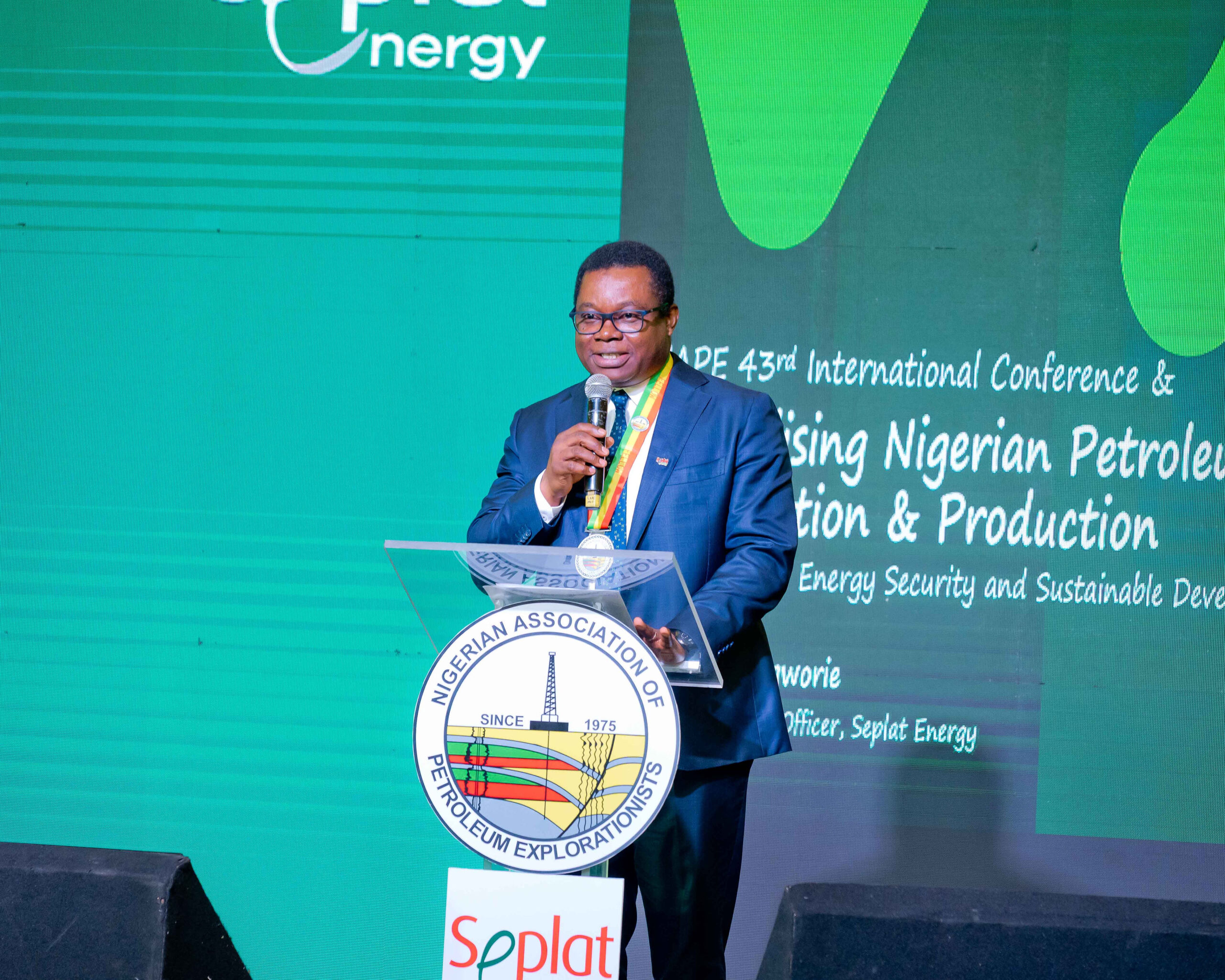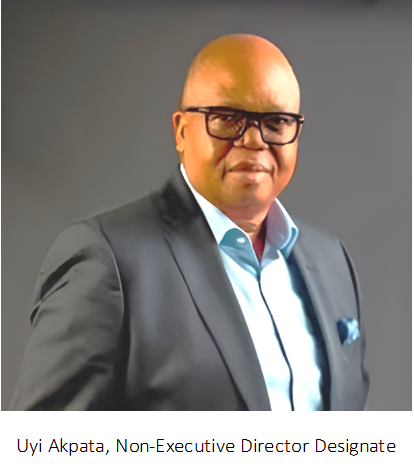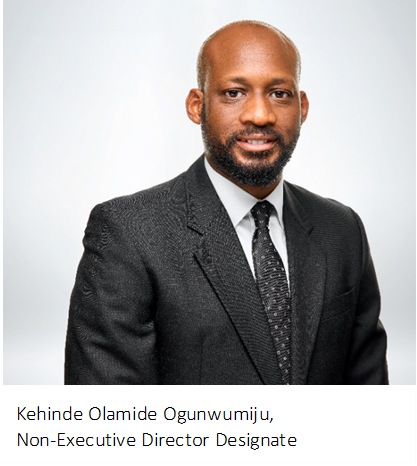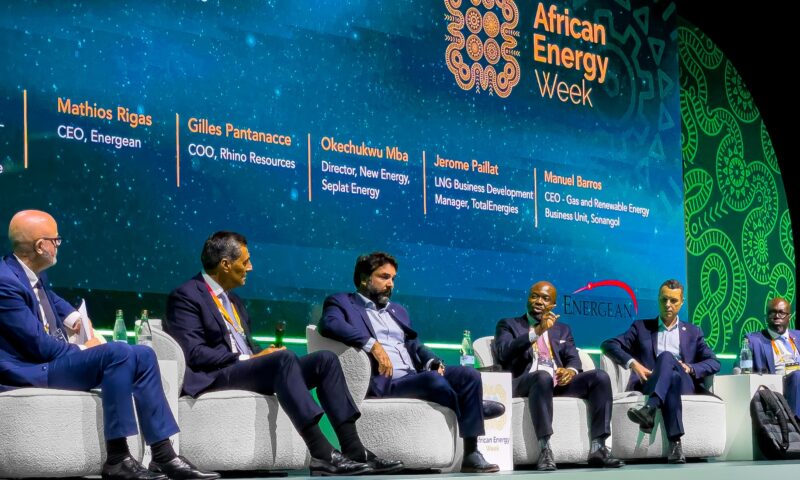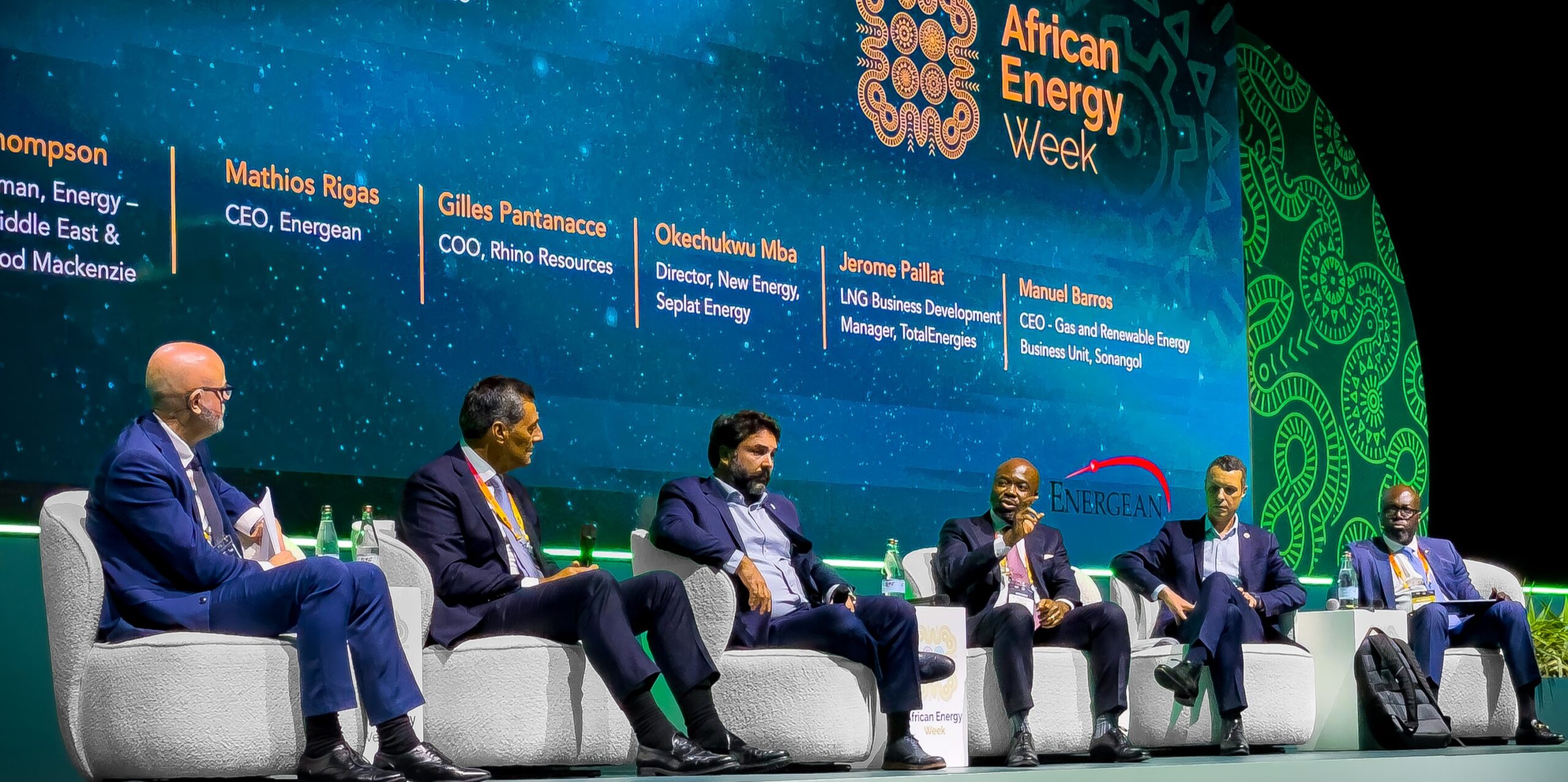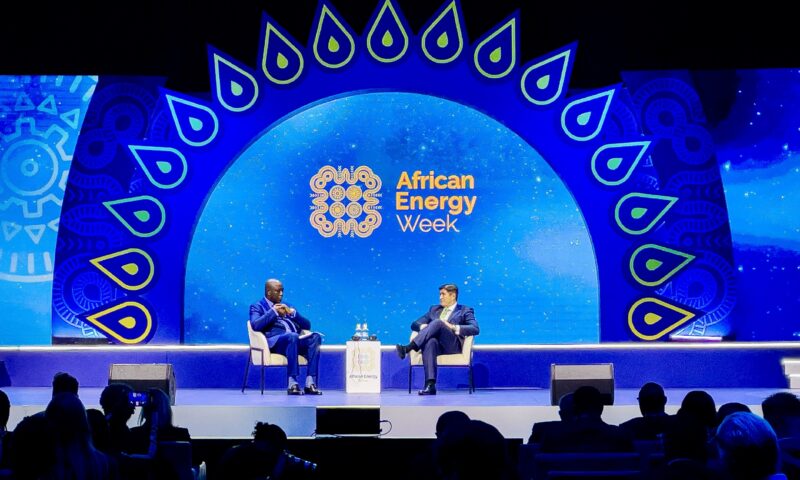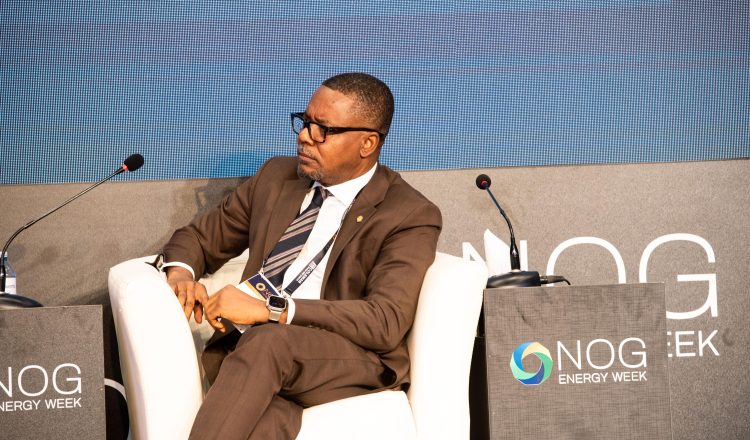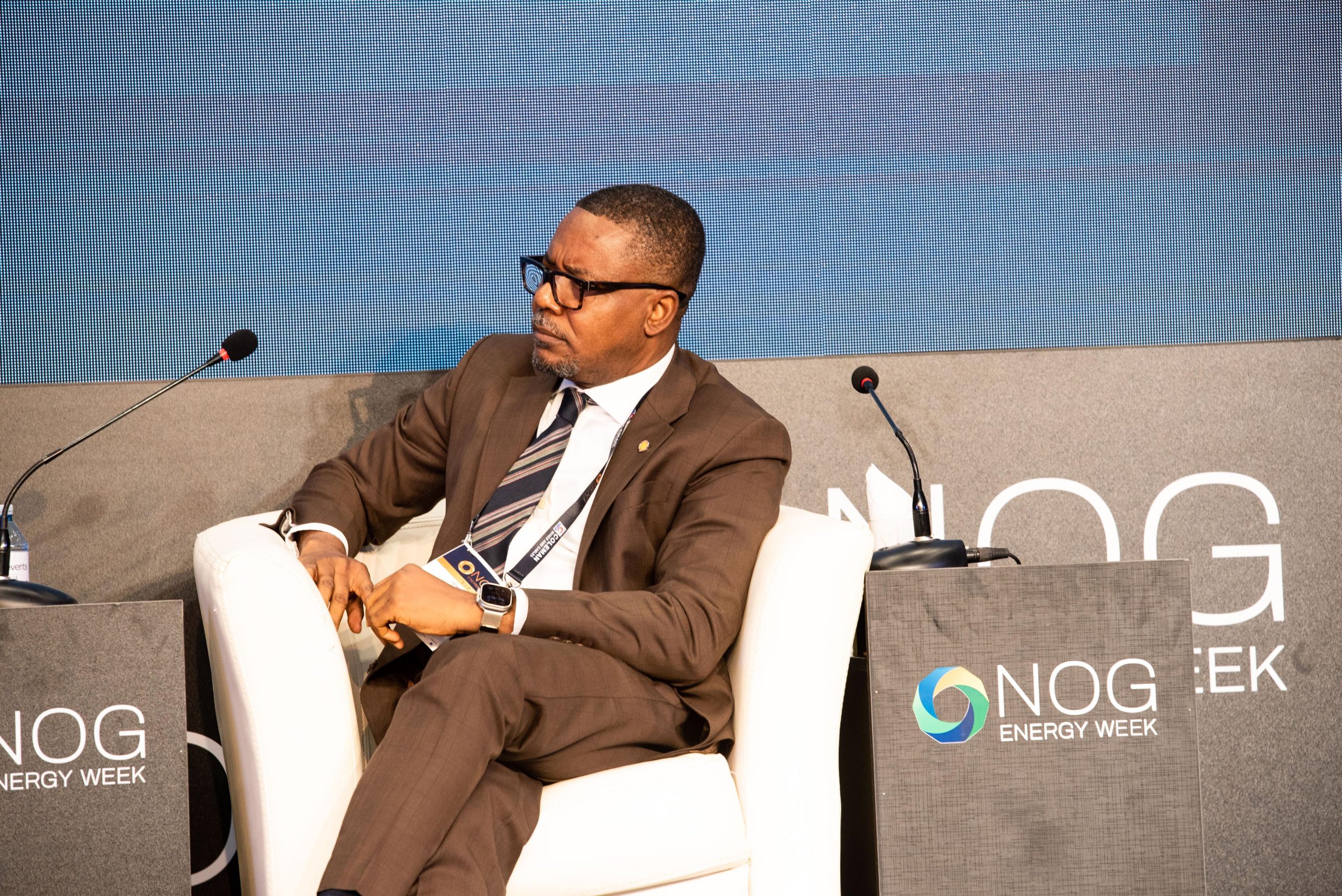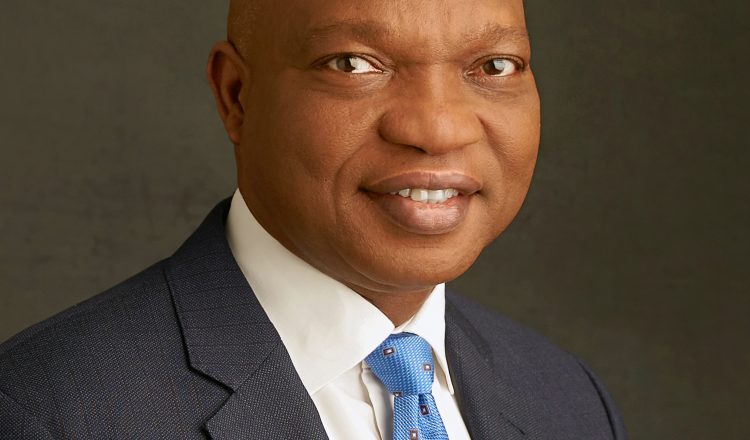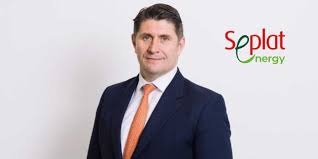By Winifred Bosa
Savannah Energy PLC, the British independent energy company focused around the delivery of Projects that Matter, has announced several planned Board changes, in line with the Company’s succession planning regime.
The company announced the retirement of Sir Stephen O’Brien and David Clarkson from the Board, extending its sincere thanks to both for their dedication and service as Directors over the past eight years.
It said that during their tenure they have been instrumental in supporting the Company’s governance framework and Board processes.
Savannah also announced the intended appointments of Uyi Akpata and Kehinde Olamide Ogunwumiju as Independent Non-Executive Directors. Uyi and Kehinde bring significant experience in audit, finance and legal affairs, further strengthening the Board’s capabilities in these key areas. Upon joining the Board, Mr Akpata is expected to serve as Chair of the Audit Committee.
Joseph Pagop Noupoué, Chairman of Savannah, commented:
“The changes announced this morning form part of Savannah’s ongoing and dynamic Board succession planning process, which is designed to evolve in step with the Company’s strategic direction, operational priorities, and growth trajectory.
On behalf of the Board, I would like to wish Sir Stephen and David every success in the future. As part of our structured approach to Board renewal, their agreed retirement reflects the natural progression of our governance planning.
That said, both have been highly valued colleagues whose insight, integrity, and presence around the Board table will be genuinely missed. We are delighted that both have agreed to take on ongoing consultancy roles, ensuring the Company can continue to benefit from their extensive experience and deep understanding of our business. We wish them every success in the future and thank them wholeheartedly for their service.
I am also delighted to welcome Uyi and Kehinde as incoming Directors. Both are internationally respected professionals in their respective fields – finance and legal – and have proven track records supporting dynamic, high growth organisations. I believe their expertise will be instrumental as Savannah continues its growth trajectory across Africa.”
Sir Stephen O’Brien, Retiring Vice Chair and Non-Executive Director, Savannah, commented:
“Having been involved with the Company since its very inception 11 years ago, and after eight stimulating years as Vice-Chairman of Savannah, I am stepping down with pride in what has been built together as a team. Over this time, Savannah has transformed into a leading African energy company, advancing projects across the continent in both hydrocarbons and renewables. I am pleased to have had the opportunity to contribute to our journey. I wish everyone at Savannah every success and look forward to maintaining my support for the company in a new political advisory role.”
David Clarkson, Retiring Non-Executive Director, Savannah, commented:
“Since joining the Board in 2017, I have enjoyed a wonderful journey with Andrew and my Board colleagues as Savannah grew in stature delivering Projects That Matter. I wish the Company every success as it continues to build sustainable businesses across its portfolio of opportunities. I look forward to supporting the Company as Technical Advisor to the Board.”
New Director Biographies
Uyi Akpata
A Chartered accountant by background, with an over 40-year career, Uyi Akpata held multiple senior leadership roles at PwC, the leading international audit and professional services firm, prior to his retirement on 30 June 2024.
His key roles include Senior Partner for Nigeria and Regional Senior Partner for West Africa, Head of Oil and Gas for Africa and a member of both the firm’s Global Oil & Gas Leadership team and Africa Leadership team. With his assurance services background, Uyi led audit work for the energy supermajors active in Nigeria, the Nigerian National Petroleum Corporation and a host of high growth emerging energy companies.
He has also supervised teams auditing companies outside of the energy sector, in areas such as financial services, consumer goods and agriculture. More recently, in October 2024, Uyi founded Rusa Advisory, where he specialises in providing governance and risk management advisory services, partnering with business leaders to drive sustainable growth, efficiency and profitability.
Uyi is currently Chairman of the Board of emPLE Life Insurance, Chairman of the Advisory Board of Unified Payments Limited, Chairman of the Board of Trustees of the Unity Schools Old Students Association and President of the Nigerian Cricket Federation. He also served as Chairman of the Professional Services Group of the Nigeria British Chamber of Commerce. Uyi holds a Bachelor of Science degree (BSc) in Accounting from the University of Lagos. He is a qualified Chartered Accountant of the Institute of Chartered Accountants of Nigeria and is currently a Fellow of the Institute.
In recognition of his contributions to the business environment in Nigeria, Uyi was awarded an Honorary Doctorate Degree in Management Science by Wellspring University in 2018. He is a member of the Board of Trustees of Miva Open University, where he also serves as Professor of Practice in Financial Accounting.
Kehinde Olamide Ogunwumiju O.F.R., S.A.N., FCIArb. (U.K.)
Kehinde is the Managing Partner at Afe Babalola & Co, a leading African law firm. Since his appointment in 2017, and continuing to date, he has remained one of the youngest Senior Advocates of Nigeria (“SAN”), the Nigerian equivalent of a King’s Counsel, ever appointed.
His practice has seen him successfully represent the Nigerian National Petroleum Corporation in over 100 disputes and the Federal Republic of Nigeria in multiple international disputes, including against a near US$5 billion claim at the International Centre for the Settlement of Investment Disputes (“ICSID”) in Washington DC.
He has worked on many Nigerian and international arbitrations.
Kehinde received the prestigious Officer of the Order of the Federal Republic (“OFR”) as part of the National Honours List from the President of the Federal Republic of Nigeria in 2023.
He is a Fellow of the Chartered Institute of Arbitrators (CIArb) UK, a member of the Nigerian Bar Association, the Chartered Insurance Institute of Nigeria (“CIIN”), the International Bar Association and the Abuja Chamber of Commerce, Industry, Mines & Agriculture, and is an associate of the Institute of Chartered Secretaries and Administrators of Nigeria (“ICSAN”), the professional body for corporate governance practitioners in Nigeria.
Kehinde began his legal education at the University of Ibadan, where he earned his LL.B with Honours. He continued his studies at the Nigerian Law School, obtaining his B.L. in 2005, and then pursued an LL.M. in International Commercial Law at the University of Northumbria at Newcastle-Upon-Tyne, England, in 2007.
Regulatory disclosures (in accordance with Rule 17 and Schedule two paragraph (g) of the AIM Rules) are as set out below:
Uyiosa Nosawaru Akpata (aged 61) holds or has held the following directorships or partnerships in the past five years:
Current Directorships/Partnerships
Past Directorships/Partnerships
Maven Partners
Axum Constructs Limited
Proper Tee Limited
De-Petraco Leasing Co. Limited
Rusa Advisory
Kush Constructs Limited
Ecoba 74/79 Concept
PwC Africa Limited
emPLE Life Assurance Limited
PwC Nigeria Limited
Set-79 Investment Limited
Quince Prime Limited
Trishbeth Investment Limited
Unified Payments Limited
He has no shareholding in the Company.
Kehinde Olamide Ogunwumiju (aged 43) holds or has held the following directorships or partnerships in the past five years:
Current Directorships/Partnerships
Past Directorships/Partnerships
Abuad Management Company Ltd
N/A
Adga Investment Nig Ltd
Afe Babalola & Co.
Bita Exploration and Production Limited
Curlew Express Limited
Dekra International Services Limited
Doxology Oil Services Ltd
Doxology Oil Trading and Logistics Ltd
Kwaliteit Frieden Energy Resources Ltd
Lumen Energy Limited
Septagon Bros Limited
Strasbourg Shore Nig Ltd
Tee’s Mums and Kids Limited
He has no shareholding in the Company.
Financial Reporting Update
The Company now expects to publish its 2024 Annual Report and Accounts and its Half Year Results for the six months ended 30 June 2025 during the week commencing 13 October 2025, together with a comprehensive trading update for the nine months ended 30 September 2025. As a result of the delayed publications, and pursuant to the requirements of AIM Rules 18 and 19, trading in the Company’s shares will remain suspended until both sets of accounts and the trading update are published.






